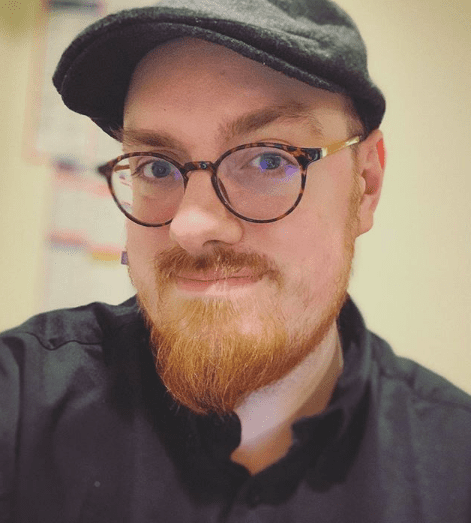Our society and academia make it difficult for young people, especially college students, to get the care they need. Health care is a complicated matter on college campuses in New York, let alone this country. But young people like me are constantly getting caught up in the hot mess of a for-profit health care system and later have to deal with the real-life consequences.
There are a number of different health care options available to students. In my personal experience as a graduate student in two separate programs, I’ve been on my mom’s insurance, student insurance through the university, and Medicaid. I’ve always chosen the plan that I thought was the best fit for my needs. But between moving from city to city and having different health insurance plans, these changes in my coverage have complicated my ability to see doctors and get the care I need on a consistent basis.
This issue is not unique to me, or even just to students. The majority of people my age believe that the system is broken, and believe that health care should be a right, not a privilege. But we also face other challenges that make it harder for us to advocate for the care we need.
As a full-time graduate student, I have felt the pressure not to prioritize my health. In academia, sometimes we have to pretend to be well to succeed, especially if we don’t have support from the academic community. I have found support from most professors and the student affairs office at Union Theological Seminary. But even with this support, it’s still complicated to get the care that we need. Co-pays are still high, even with student insurance. And some helpful programs like Medicaid are generally not advertised to students. Lastly, graduate programs are intensely fast-paced, and it’s difficult to find time to prioritize health care. In light of all of this, graduate students experience higher rates of depression and anxiety. If anything, we need more health care, and the time to be able to get it.
I have student debt to worry about too. I have been working part-time since I started my graduate program, despite the recommendation not to start working until at least our second semester. I don’t make much money, so I have to rely on living expenses from student loan reimbursements to help cover the cost of health care and other personal expenses. Currently, I have health insurance through my school, which is a few thousand dollars covered by my student loans that I’ll pay back later. But from my experience, it seems like the average student does not make enough money while in college to pay for their health insurance. There must be a better solution than burdening students with more debt for coverage while in school.
Now is the time to start addressing our country’s biggest health care problems and ensuring that we are investing in the future of a healthy workforce of young people. We can start in New York by looking into the health care needs of young adults and trying to figure out a comprehensive solution to address those needs. Our health care needs are as diverse as the stakeholders involved, and it is important that all stakeholders are at the decision-making table. Our health care system needs to be addressed to make sure we are setting people up for a future of health and prosperity. It’s time to start now in New York.
James Admans is a M.Div. Candidate at Union Theological Seminary

